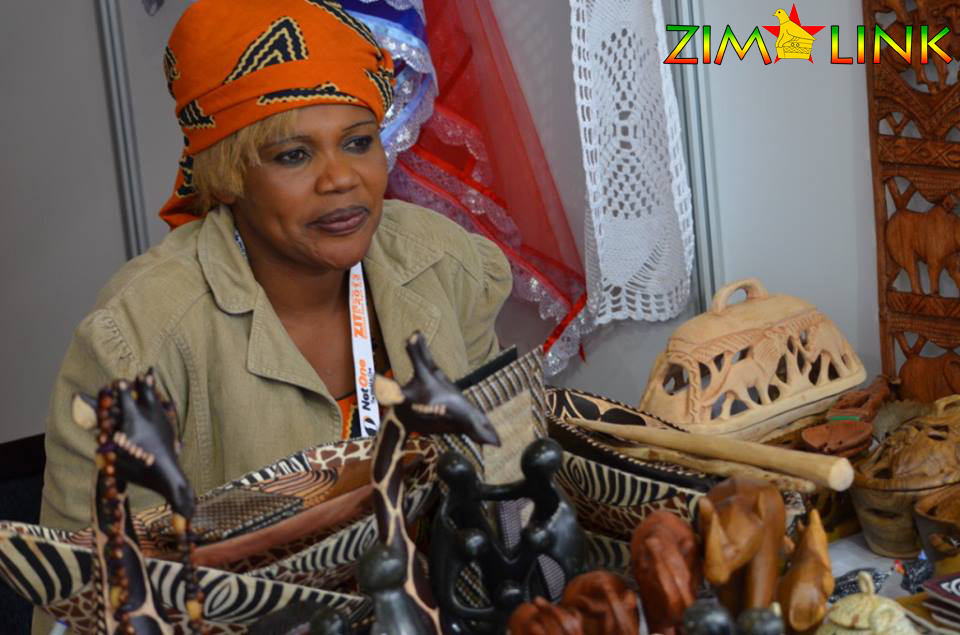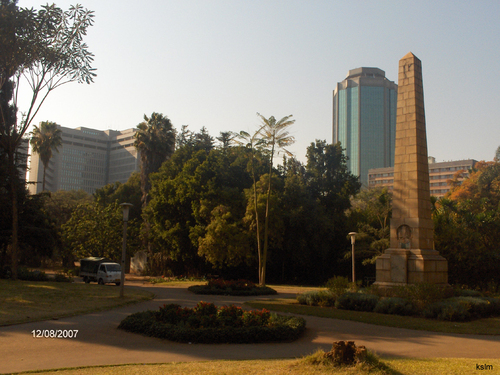Preservation of local languages in English speaking nations
What are local languages?
The 21st century has been characterized by the convergence of nations into a league of economies. Subsequently, cultures and traditions have been amalgamated, making it a mammoth task to zero-in on what identifies the different groups making up this gigantic movement called globalization. Any ethnic group, tribe or clan transmits it’sindegeneology (local knowledge systems) through codes agreed upon by generations that have existed long before them. Language is a systematic means of communicating through the use of sounds. This communication by word of mouth has ensured the transmission of ideas, information, knowledge and wisdom from one generation to another, yet today there are threats of African languages going extinct. The English Language is mastered in order to understand things in the systems of education. According to the African Holocaust Notes, home usage of local languages is not intellectual or academic usage and does not refine and develop the language as a tool of instruction. Local languages are those languages spoken in an area of a nation state, and may exist in a small area, or wider region. The use of ‘official’ languages which are predominantly former colonial languages, threatens local languages and as such, strategies need to be formulated and put in place to ensure their continued survival. Minority languages are those languages spoken by a minority of the population within a geographical area and these tend to be marginalized for a myriad of reasons such as language preference, the dominance of the language if instruction and perceived status associated with local and minority languages.
What is preservation of local languages?
Preservation is an action of protecting any idea, information or tacit knowledge from the loss or danger of eradication. Measures that prevent the loss of local and minority languages are in line with those languages’ preservation.
Why preserve local languages?
It is very essential that we ensure that local languages do not disappear as it would lead to the loss of human diversity as well as all knowledge contained therein.
When should we preserve local languages?
NOW!!! The time to act is now. If the current scenario continues to prevail, over time, there will be a cultural monopoly transmitted through various media such as the television.
Languages… What’s the fuss?
To begin with, a number of African countries’ indigenous languages are legally recognized as national languages; spoken by the different groups making up those nations, whilst former colonial powers’languages are predominantly used as languages of instruction and as official languages. In Zimbabwe, the official language is the British English whilst in South Africa there are 11 official languages.
How do we preserve local languages?
Active participation amongst concerned stakeholders such as local government, chiefs, governments, churches and parents holds the key to the preservation of local languages. According to UNESCO, the value of indigenous languages can be raised, to their being offered at mainstream universities as well as their elevation to being recognized as official and national languages.
Structural shifts in pedagogical approaches could very well save these languages from extinction. In Zimbabwe, information technology applications and tools such as voice recorders and camcorders can be used to harvest the languages found amongst elders and historians. Such a move would lead to local language’s recognition on the global scene as it may be transformed into publications, shared online as audio books and podcasts.
Kirkness (1998) advises that local languages may be preserved by establishing banks of knowledge supported by stories of the elders and these may be stored over servers and shared beyond a nations’ physical borders. The singing of hymns in churches is one way of promoting and maintaining the use of local languages as well as the formalization of plays in vernacular language, recording of traditional folklore and songs rich in idioms, proverbs and metaphoric expression.
Schools, in collaboration with ministries of arts, culture and education may also advocate for the teaching of certain subjects in local languages. Parents can also set aside time to read stories to their toddlers written in vernacular languages and also ensure that they keep in touch with their roots by having them visit their rural folk who are still in touch with these languages. Publishers have a role to play in providing translations to best seller novels and textbooks as well as the creation of new local publications which are unique to African myths, legends, fable, songand dance.
We all have a role to play in ensuring that our local languages continue to live on after us, let us as “MaAfrica” safeguard them as they are our heritage.
by Ernest Mackina (http://www.mackinaernest54.blogspot.com) Don’t forget to like us on facebook

















